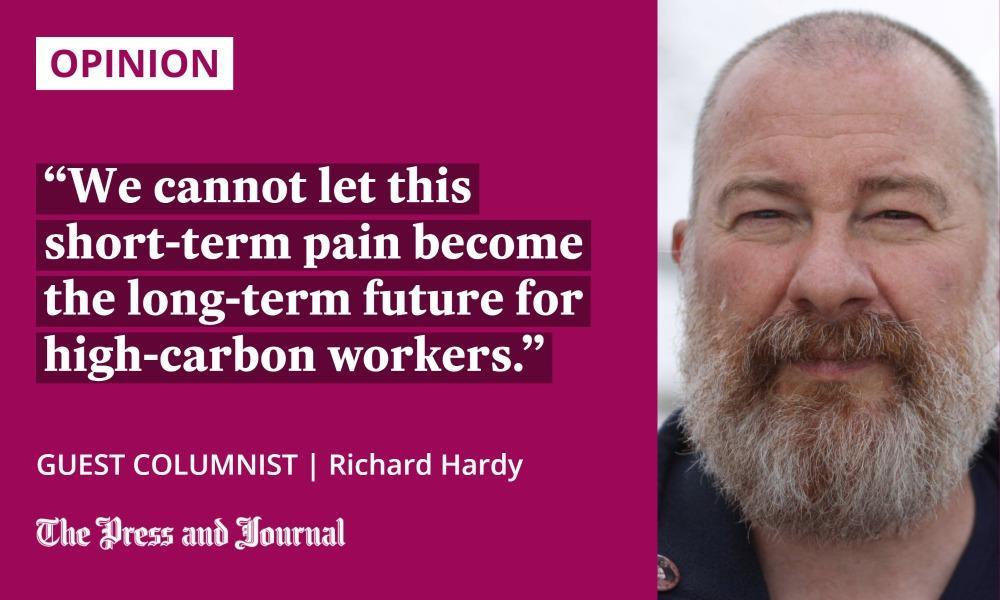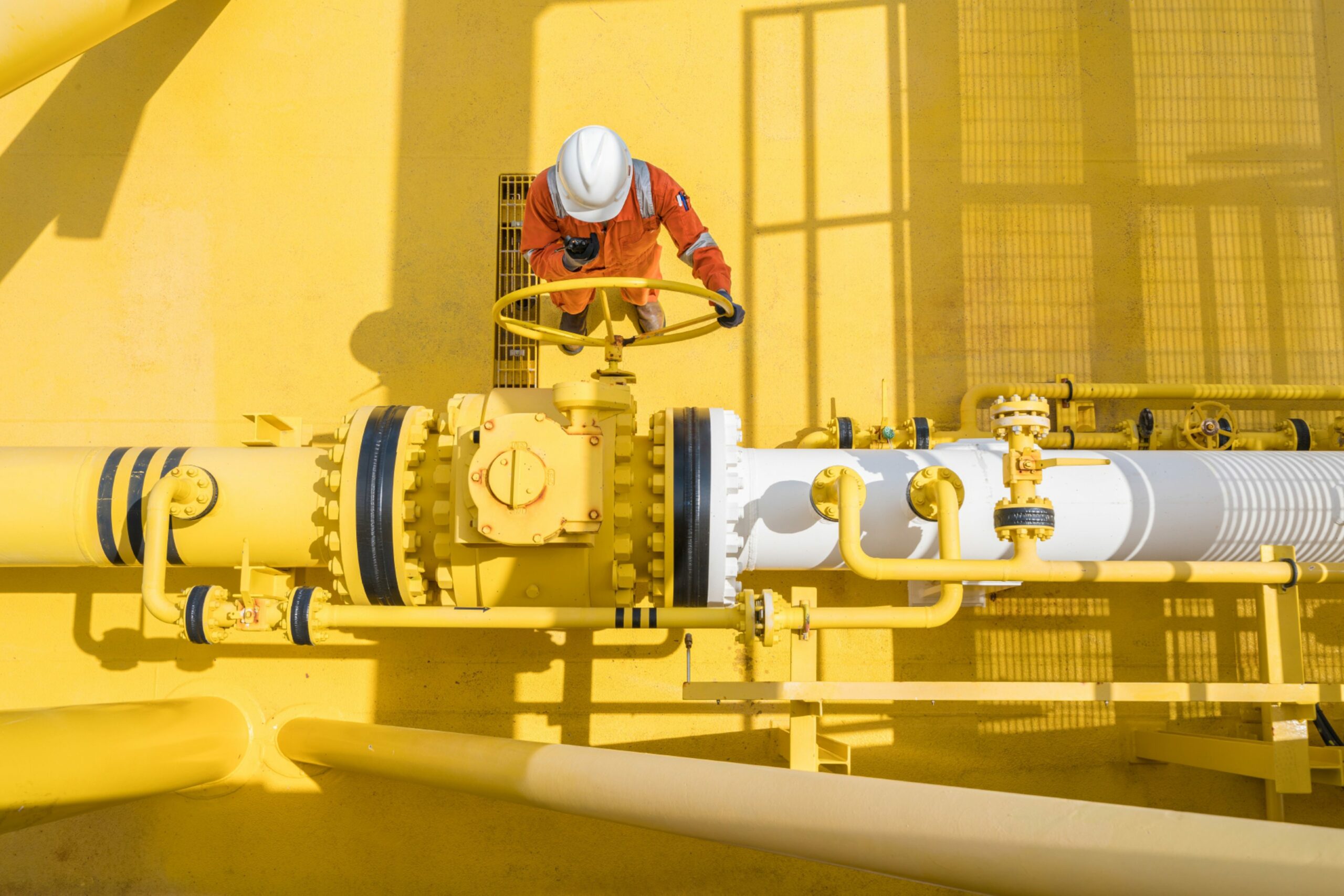All across Scotland, households are feeling the double punch of sky-rocketing energy bills and soaring prices of necessities, from the food on their table to the fuel in their tank.
Every day brings new headlines highlighting the stark choices working people are facing – including having to decide between having dinner or putting the heating on.
Those are just the short-term pressures. For workers in industries facing upheaval, the long-term picture can be even more unsettling, particularly for those in Scotland’s high carbon energy sector.

April saw the publication of the Intergovernmental Panel on Climate Change’s latest report, which contained stark warnings about the cost to our planet if we do not move more quickly to reduce our dependence on fossil fuels.
Safeguarding the future of our planet is self-evidently a critical mission – but decarbonisation does not come without a price.
Serious thought must be given to livelihoods
The UK’s previous approaches to meeting these costs, largely through fixed payments borne by all users, have meant they have been shouldered disproportionately by those on lower incomes. In the face of the largest fall in living standards for decades, to continue this approach would be intolerable – and serious thought must be given to those dependent on these industries for their livelihoods.
It’s a difficult equation to balance, and we can already hear siren voices in some political circles urging the slowing down of decarbonisation and other policies that will get us to net zero. In Prospect’s view this would be a dangerous and retrograde step – one that demonstrates a lack of imagination and ambition to lead the world in charting a new future.
The economic crisis that we are all facing makes a just transition to net zero more important than ever; we cannot let this short-term pain become the long-term future for high-carbon workers.
Let’s listen to workers and engage with employers
Scotland’s Just Transition Commission – of which I am a member – is working to ensure that doesn’t transpire. Today the Commission meets in Aberdeen, in a region which has become synonymous with Scotland’s oil and gas industry, and where well-paid jobs have sustained the regional economy.
We are listening to workers sharing their concerns about the potential impact of the transition away from fossil fuels, and are also engaging with employers who have sought to make the transition process as open, fair and just as they can.
Yesterday, we were also able to visit the nascent carbon capture and storage project near Peterhead – a state of the art facility utilising technology that will be critical to meeting our climate goals.
We must ensure no community is left behind
It’s vital that the work of the Just Transition Commission dovetails with the work of the Fair Work Convention on the issue of worker transition.
We need a proper plan for their futures that doesn’t repeat the mistakes of the 1980s
Creating jobs is just one part of the transition. Prospect will be fighting for those jobs to be good ones; jobs that provide a decent wage, a good quality of life and offer the possibility of an enriching career path for those already working in the energy industry.
Workers in the high carbon sector are looking for leadership as we approach this clean energy revolution: a proper plan for their futures that doesn’t repeat the mistakes of the 1980s. It is the duty of policymakers to deliver for them and ensure no community is left behind as we push towards net zero.
Times of challenge are also times of opportunity – but only if our leaders seize those opportunities.
Richard Hardy is trade union Prospect’s national secretary for Scotland and Ireland and a member of both the first Just Transition Commission and the new Just Transition Commission


